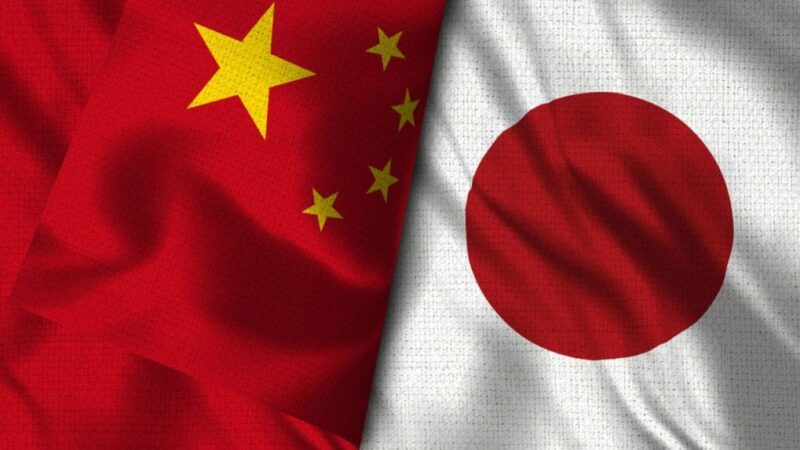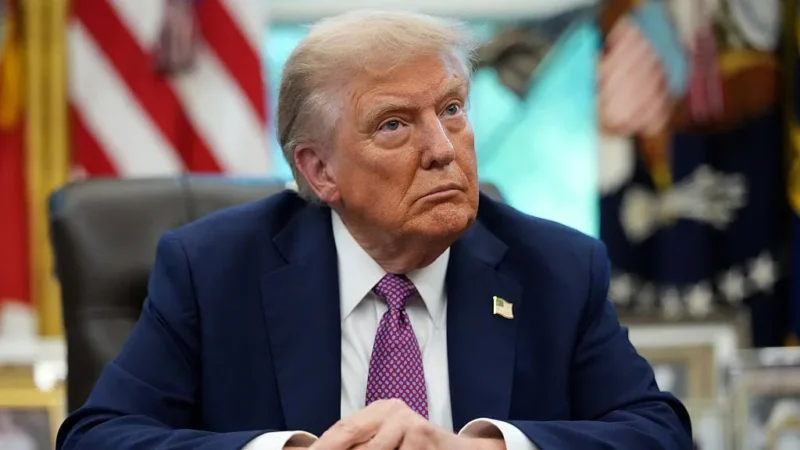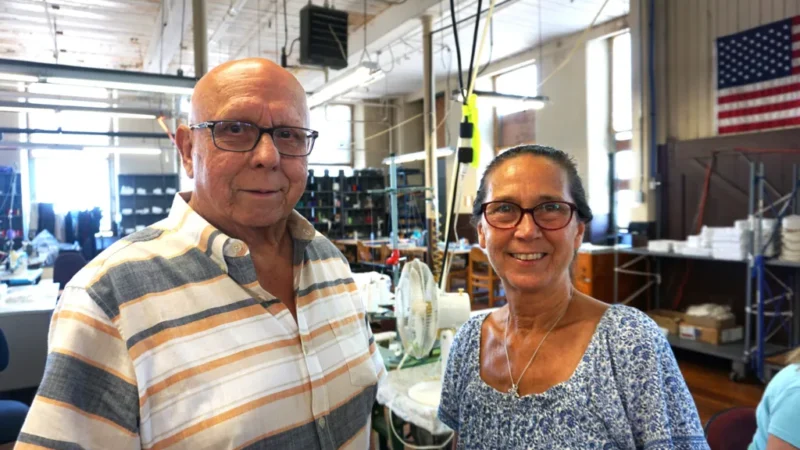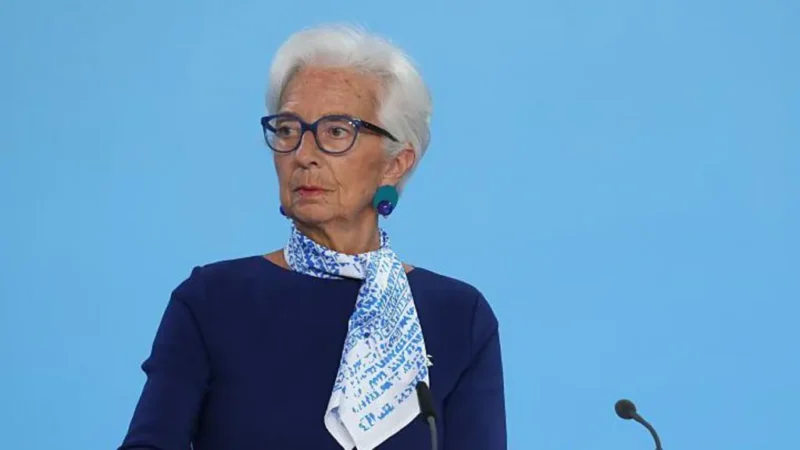South Korea has appointed a North Korean defector to the position of vice minister
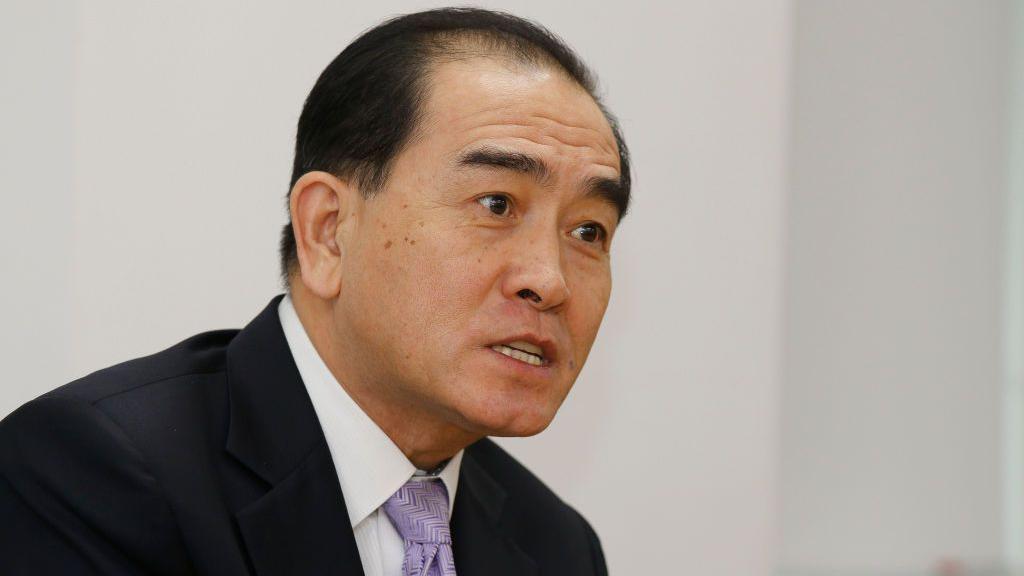
Former North Korean diplomat Tae Yong-ho has been appointed as the new leader of South Korea’s presidential advisory council on unification. This appointment makes him the highest-ranking defector among the thousands who have resettled in the South, and notably, he is the first to hold a vice-ministerial position.
Tae Yong-ho, aged 62, previously served as Pyongyang’s deputy ambassador to the United Kingdom before defecting to South Korea in 2016. His defection drew strong condemnation from Pyongyang, which labeled him as “human scum” and accused him of embezzlement and other crimes.
In addition to his new role, Tae Yong-ho made history in South Korea’s political landscape by becoming the first former North Korean to win a seat in the country’s National Assembly in the 2020 elections. Although he did not secure a second term in the April parliamentary elections, his influence continues to grow as he now advises South Korean President Yoon Suk Yeol’s office on strategies for peaceful Korean unification.
The South Korean presidential office praised Tae Yong-ho’s appointment, describing him as the ideal candidate to shape a unification policy rooted in liberal democracy and to garner support domestically and internationally. Born in Pyongyang in 1962, Tae Yong-ho served nearly three decades in North Korea’s foreign service under three successive generations of the Kim dynasty.
In explaining his defection, Tae Yong-ho cited concerns for his children’s future and his disillusionment with the North Korean regime, contrasting it with admiration for South Korea’s democratic values. His memoir, published this year, detailed the excesses of North Korea’s ruling elite and criticized the personality cult surrounding the Kim family.
Since defecting, Tae Yong-ho has advocated for leveraging “soft power” strategies to undermine the Kim regime and has called for prisoner exchanges between North and South Korea. Recent tensions between the two Koreas have intensified, marked by provocative actions such as North Korea sending balloons carrying propaganda leaflets into South Korea, prompting Seoul to resume its own propaganda broadcasts.
Despite challenges, South Korea remains a destination for North Korean defectors, with an estimated 34,000 individuals having resettled in the South as of last year. The South Korean government offers citizenship and resettlement support to defectors, reflecting its commitment to support those fleeing North Korea’s oppressive regime.
In a recent development underscoring ongoing discontent within North Korea, Seoul’s intelligence agency confirmed another high-profile defection of a former diplomat stationed in Cuba. This individual, identified as Ri Il Kyu, reportedly cited disillusionment with the North Korean regime and a desire for a better future as reasons for defecting.
The growing number of defections and the challenges they pose highlight the stark contrast between the two Koreas, especially as South Korea commemorated its inaugural North Korean Defectors’ Day with pledges from President Yoon Suk Yeol for enhanced financial support and incentives for companies hiring defectors.

